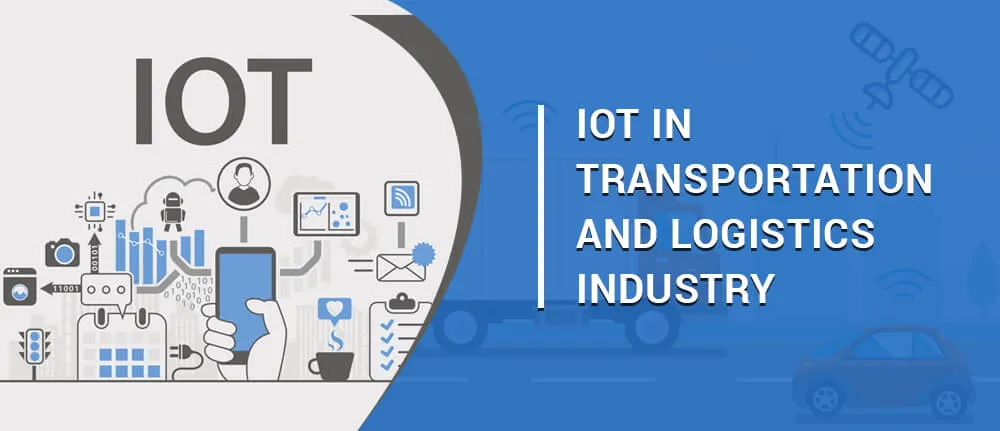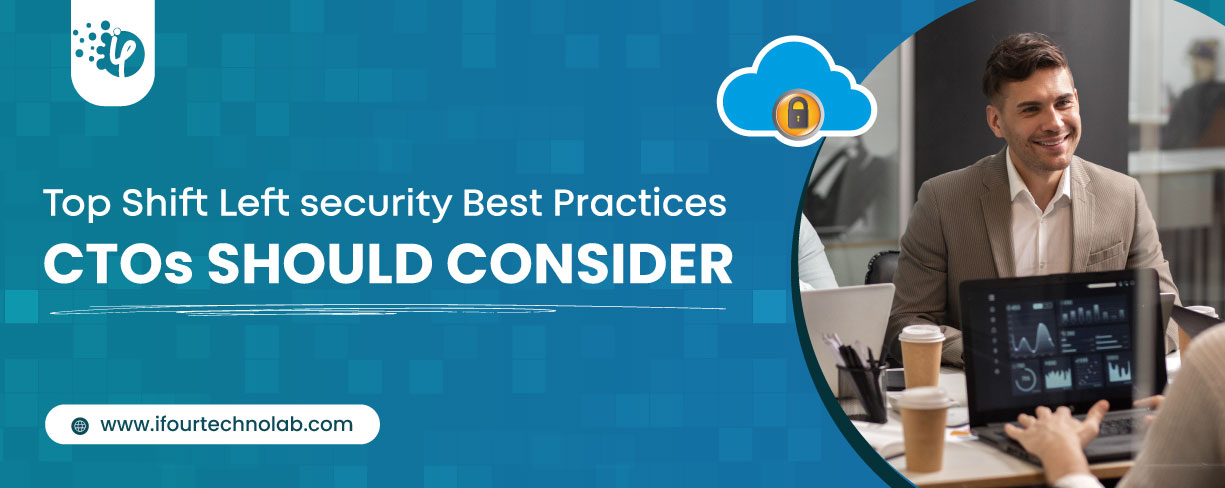Some mobile devices for example radio frequency identification, mobile computers and barcode scanners influence a lot in the efficiency of supply chain operations. Those companies which are using RFID today are getting approximately 100 percent accuracy in shipping and receiving goods, 99.5 percent accuracy in inventory management, 30 percent decrease in labour costs and 30 percent quicker processing of orders.
Though mobile technology has been helping the industry for many years, the usage and implementation of IoT devices can lead taking smarter decisions and enhance business intelligence.


















